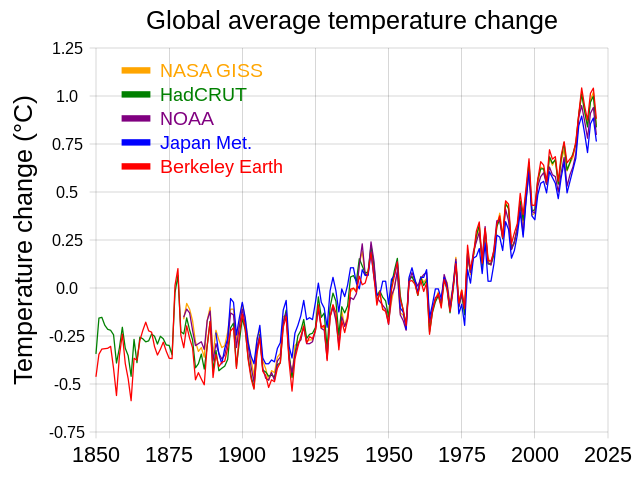In the family I grew up in, we almost never talked about anything political.
I have a very vague recollection of watching John F. Kennedy and Richard Nixon debate on television when I was five, almost six years old. I also remember watching television with my father in 1967 and watching the news of Muhammad Ali refusing to fight in Vietnam.
My father said something about “fighting for your country”, but we did not discuss it.
In college, I majored in political science. I learned about different forms of government and about different political philosophies, but for some reason my university education did not give me any feeling that I should participate in politics other than voting. And I remember a lecture where the professor explained a logical reason for not voting.
I remember going to the district caucus once, maybe twice, in St. Louis. Cloud in the late 1980s. Probably because of the influence of the lawyers who then hired me, I went to the Republican caucuses. I also remember that one of those years I was delegated at St. Clouds Republican Senate Congress. But I really did not know what was going on and I felt like I did not have time to learn about it.
It wasn’t just the family I grew up in that was apolitical; the culture I grew up in was also mostly apolitical. We thought political activity was something that only certain people did as a hobby. The rest of us were busy doing other things — working, taking care of our families, going to church, and pursuing hobbies that we enjoyed. With most of our friends and extended family, we talked at gatherings about what our kids were doing, we talked about the weather, we – especially men – talked about sports. But are you talking about politics? We did not, we do not.
There are at least a few factors involved here. First, if we think we’re doing OK, we have no incentive to change things (Google search “white privilege”). There is a sense that “other people” are running things, and they are doing a good enough job. Second, we develop a sense that we need to spend our time either doing things we like to do or doing things that help us make money doing what we like to do, and for most of us, political activity does not fit into any of these categories.
My attitude towards political involvement has changed for many reasons. One reason is that I have reached the age where I think more about the world that I leave to my children and grandchildren.
In around 2015, I started forcing myself to interrupt my “leisure” reading of books that were fun to read, with books that would help me learn things I should know. I know there’s a lot I still do not understand, but I’m trying to learn.
Here are just a few of the things I learned that I think are appropriate for the Fourth of July:
1. The greed and narcissism of the richest people in the United States is truly incredible. This is the same “class” of people who were okay with people being enslaved, who were okay with kids working in sweatshop factories (they still feel okay with it – read about workers in Haiti making clothes from American brands). They are so greedy that they spend a lot of money – it is an investment for them, and they have had a large financial return on that investment – on convincing other people that they too should be greedy and narcissistic.
Consider elementary schools. Lots of wealthy people do not want to spend money on public schools because they send their children to private schools. So the wealthy convince people who send their children to public schools to vote against raising taxes to better fund public schools.
2. The rich people who reap the wealth of this country not only do not want to pay a fair share for the infrastructure that creates that wealth for them; they do not want to pay anything for that infrastructure. Read “Dark Money” by Jane Mayer.
If you thought the rich people were working to solve problems like crime, poverty, homelessness, the climate crisis, they are not. They only care about making money for themselves. And they want you to stay apolitical, spend your time fishing or hunting, or watching reality TV. They want you to have just enough money to feel okay, and they want you to ignore the suffering of millions who are less fortunate than you.
Desmond Tutu said: “If you are neutral in situations of injustice, you have chosen the side of the oppressor.” He talked to me, he talked to you.
Most people care deeply about their neighbors and realize how interconnected we are. Most people worry about much more than just amassing wealth for themselves. But we need to learn to ignore the lies that greedy rich people – in both major political parties – tell us about what to do, how to vote.
We have the resources to solve all the societal problems we are worried about, but we do not do it because the rich (I’m not talking about most millionaires; I’m talking about multibillionaires) convince us that we should give the most instead. of the wealth we create for a handful of people who are already indecently wealthy and who do not care about anyone else.
This Fourth of July, I encourage you to consider that political engagement is not a hobby for other people. It is part of your civic duty as someone who lives in this country. I do not think that voting alone is enough, but informed voting is a good start.
Kevin S. Carpenter lives in St. Louis. Cloud. He can be contacted at kevin@carplaw.com. Send your own tour by sending an email to columns@stcloudtimes.com.



